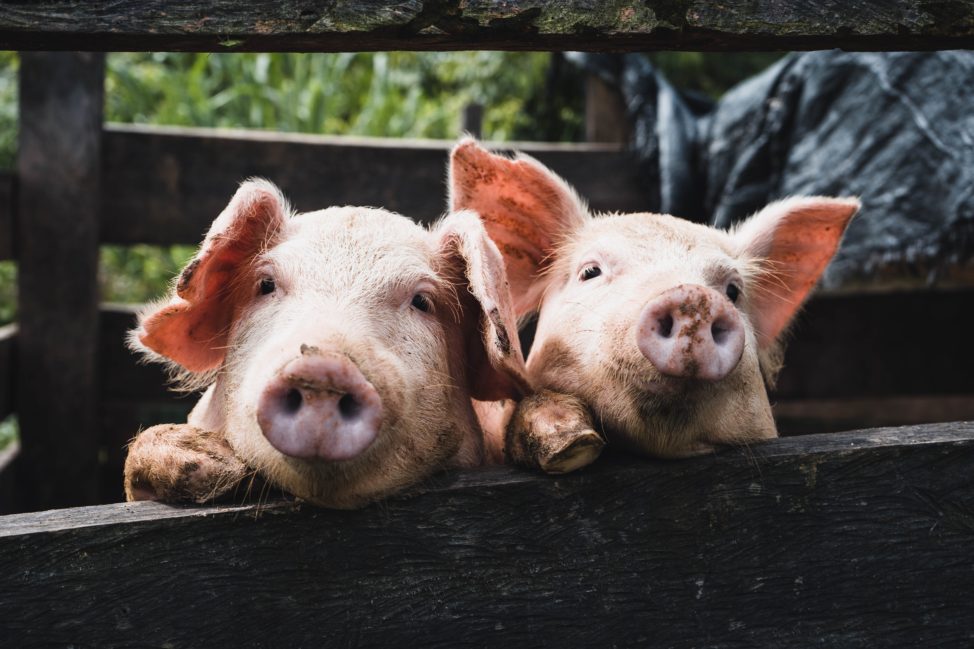On December 14th of last year, the FDA approved the intentional genomic alternation in a line of domestic pigs. It was approved for food consumption and human therapeutics. This is the first time in history this has occurred.
The domestic line of pigs to have this genomic alteration is called GalSafe Pigs. The genetic alteration is intended to eliminate the alpha-gal sugar on the surface of pig cells. This sugar molecule can be found in most mammals, except humans. Some people have Alpha-gal Syndrome, or AGS, which is a mild to sever allergic reaction to the alpha-gal sugar. This sugar is found in beef, pork, and lamb. A cause of AGS in humans begins when a Lone Star tick bites and transfers the alpha-gal sugar causing an immune reaction, or allergy. This is a cause of transplant rejections in patients receiving xenotransplants, or the transplant from one species to another. The GalSafe Pigs will be a source for medical products such as heparin (an anticoagulant) and tissue or organ transplants.
Like any new treatment, the environment and safety are a concern. The FDA found the impact of GalSafe Pigs on the US environment would be the same as conventional pigs. They are even kept under much more stringent conditions. For food safety, microbial food safety risks are low but still under ongoing surveillance for antimicrobial resistance and other factors. The FDA approved consumption, but did not evaluate it on an allergen basis. For medical and the development of human transplantation, these pigs still need an application and need to be approved by the FDA. The developer does not have plans for wide distribution in supermarkets. Instead, they are planning to work primarily by mail order.
The GalSafe Pigs are a good starting point for genetic improvement of production animals. There will probably be many advances to come.

